Petrochemicals Chemical Recycling Pyrolysis 11-10-2021 - Arhive
Petrochemicals Chemical Recycling Pyrolysis
Petrochemicals Bottle Grade PET
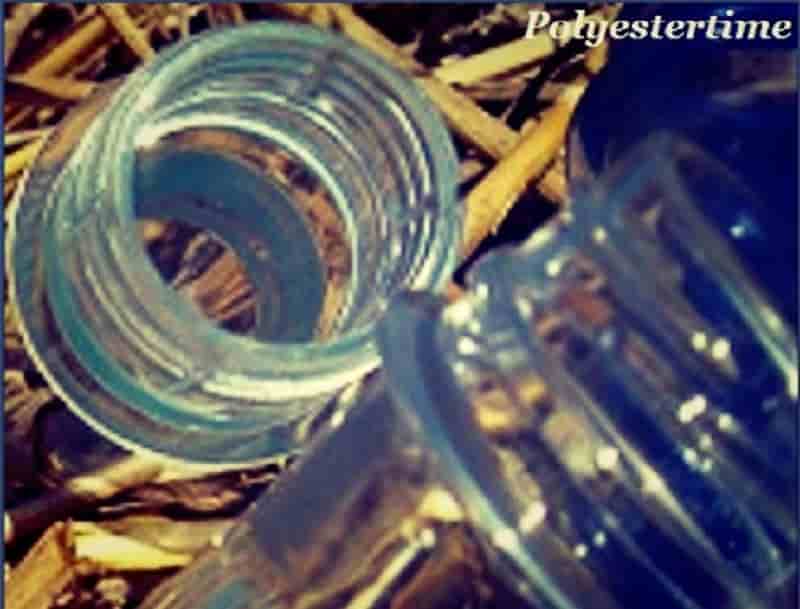
Crude Oil Prices Trend
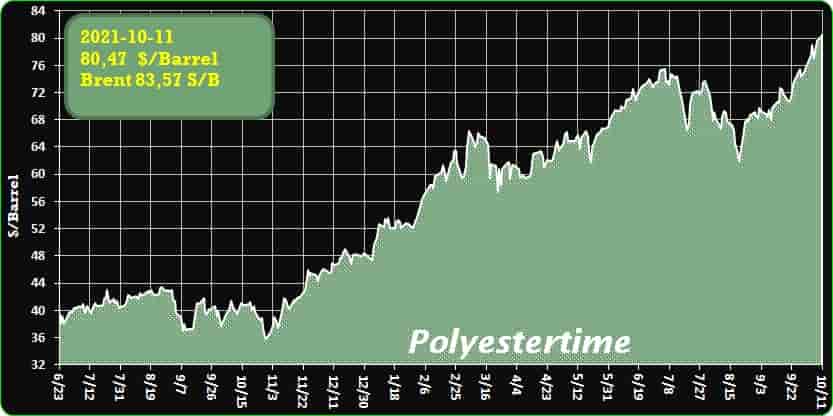
-ChemCyclingTM and Biomass Balance Approach & case studies
Turning plastic waste into new products
How much CO2 emissions can be reduced by a product manufactured by the mass balance method using pyrolysis oil as a raw material compared to fossil resources? This depends on the raw material pyrolysis oil and the process of the corresponding product. An external study, which was reviewed by three independent experts, comes to the clear conclusion that chemical recycling (pyrolysis) of mixed plastic waste emits 50% less CO2 than incineration of mixed plastic waste.
The study also compares the CO2 emissions of plastics produced with pyrolysis oil under a mass balance approach with conventional plastics made from fossil naphtha. It arrives at the conclusion that chemically recycled plastics cause significantly lower CO2 emissions than those produced from primary fossil resources. The lower emissions result from avoiding the incineration of mixed plastic waste.
Moreover, the study found that manufacturing of plastics via either chemical recycling (pyrolysis) or mechanical recycling of mixed plastic waste results in similar CO2 emissions. It was taken into account that the quality of chemically recycled products is similar to that of virgin material and that usually less input material needs to be sorted out than in mechanical recycling. Petrochemicals Chemical Recycling Pyrolysis
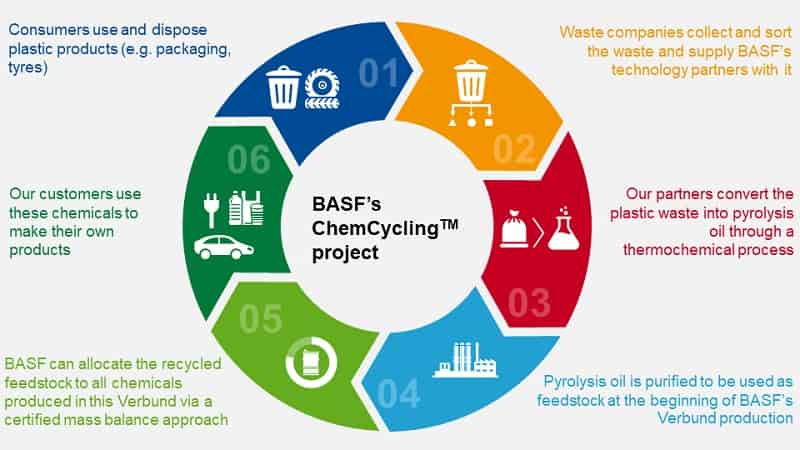
-Selenis has joined the Business Call for a UN Treaty on Plastic Pollution
Selenis has reinforced their position on the fight against plastic pollution by joining the Business Call for a UN Treaty on Plastic Pollution, a report that is co-authored by the World Wildlife Fund (WWF), the Ellen MacArthur Foundation and Boston Consulting Group (BCG). The call outlines why a global treaty is needed to help stop the 11 million metric tons of plastic flowing into the ocean each year. All evidence suggests that current approaches are falling short of stemming the leakage of plastic into our ecosystems. Therefore, WWF, BCG and the Ellen MacArthur Foundation are calling for a binding international agreement to address plastic pollution.
Selenis operates in different areas to decrease plastic pollution, developing products with high recycled content and recyclability, as well as promoting recycling and circularity through the different associations they are part of, such as the Association of Plastics Recyclers. Petrochemicals Chemical Recycling Pyrolysis
The company is currently focusing innovation on developing solutions that are fully recyclable in the PET stream. Selenis is in the final development stage of the Weezen® CE resins, which will supply the heat shrink sleeves market with a solution that can be recycled together with the standard PET stream classified as 1 in terms of recyclability, at the end of its lifetime as to contribute to a closed loop economy.
The normal PETG shrinkable films used in labels for bottles and jars can´t be recycled in the PET stream together with the rest of PET packages classified with the recycling code #1. PETG is completely amorphous due to its chemical composition, characterized only with glass transition temperature (Tg) and without the ability to crystallize. Consequently, when mixed with PET flakes at temperatures above its Tg, they will stick together forming hard clumps and decreasing the rPET yield.
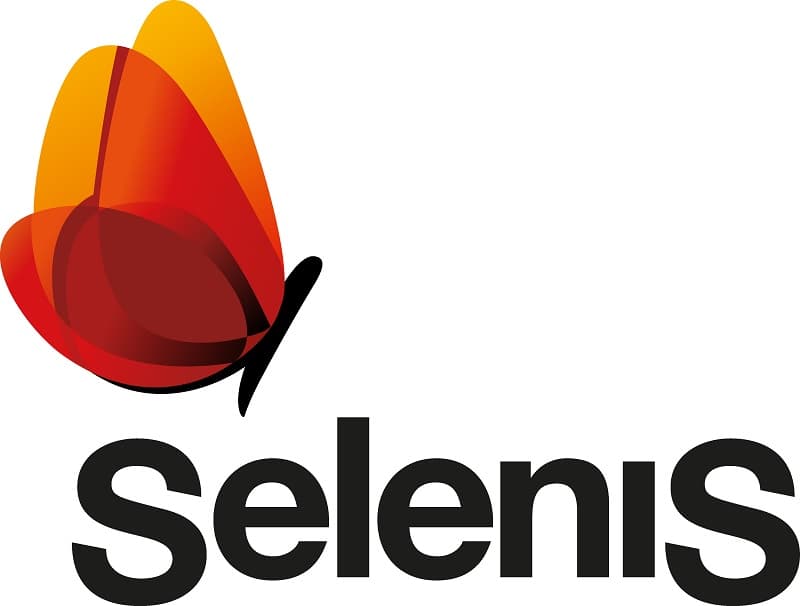
-TOMRA Circular Economy Conference focused on collaboration to “Close the Loop on Plastics”
Targeted collection is the first step towards high quality recycling of plastics
According to calculations by the World Bank, approximately two-thirds of household waste is still incinerated or landfilled. Held October 5-6, 2021, and drawing nearly 300 participants in person and online, TOMRA’s 4th global conference saw industry leaders joining the Norwegian specialist for waste collection, sorting and recycling to continue to set the course for sorting and recycling significantly more plastic from household waste in the future. Petrochemicals Chemical Recycling Pyrolysis
Along with presentations and discussions, the conference included a tour of a state-of-the-art plastic waste sorting and recycling demo plant, a joint venture between TOMRA, Borealis and Zimmermann in Lahnstein, Rhineland-Palatinate, Germany. Conference participants witnessed how post-consumer plastic packaging is sorted from household waste, safeguarding recyclable materials from being lost to incineration. The plant directly processes the plastics into high-quality recycled material of virgin material quality, replacing fossil fuels in primary production and reducing CO2 emissions.
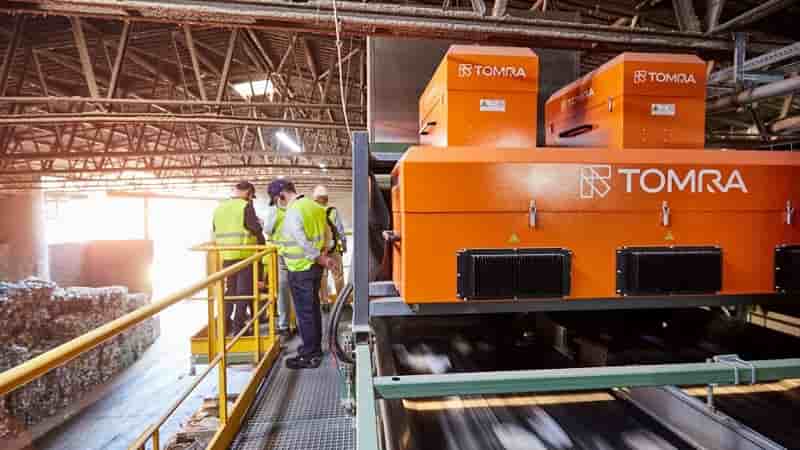
-Sabic Adds PP Compounding Line in Belgium
The new line is equipped with large-scale extrusion technology to meet growing demand for a reliable and consistent supply of high-performance polypropylene (PP) compounds.
Sabic has started-up its new polypropylene (PP) compounding line in Genk, Belgium, with a virtual inauguration event. Petrochemicals Chemical Recycling Pyrolysis
The new line is an addition to the company’s existing production capacity for polypropylene compounds at the Genk site and will use raw materials from Sabic’s PP plants at Gelsenkirchen, Germany, and Geleen, Netherlands. It has been equipped with large-scale extrusion technology to meet growing demand for a reliable and consistent supply of high-quality, high-performance PP compounds.
“This investment is part of our business strategy for growth through advanced PP compound solutions designed to help customers develop next-generation lightweight applications in industries such as automotive, home appliances, and consumer goods,” said Lada Kurelec, General Manager for PP & E4P Business, Sabic. [E4P stands for elastomers, PVC, PET, polystyrene, and polyurethane.] “The added capacity also enhances our on-site production flexibility for introducing innovative new PP polymer technology without compromising the security of supply of established compound products,” said Kurelec.
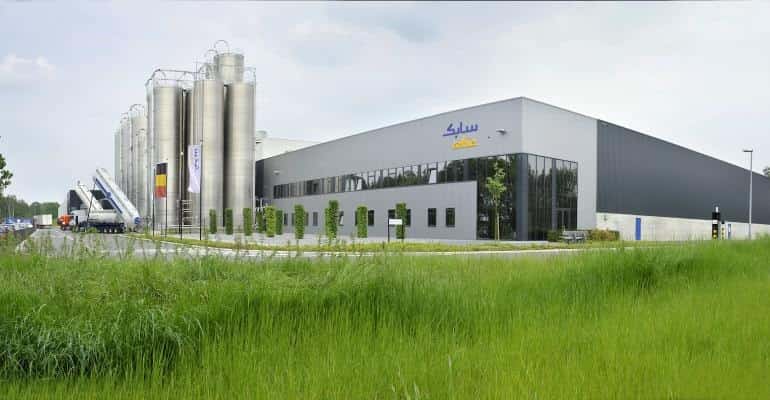
–RadiciGroup – Noyfil SPA (Andalo Valtellino Italy), will close in three months.
The Radici Group is ready to collaborate with trade unions to find employees a new job
It will close production in the country by the beginning of 2022 and lay off its seventy employees, but Noyfil Spa will not move its lines to Asia, which in a note wanted to deny the rumors spread in recent days. Petrochemicals Chemical Recycling Pyrolysis
“The situation of general difficulty that has characterized the national and European textile sector in recent years has also affected the activity of Noyfil Spa, a company specializing in the production and marketing of polyester yarns – explains the director of the plant, Alfredo Cocozza -. The international economic context and Asian competition, accelerated by the effects of the pandemic, have led to structural market conditions that do not allow the economic sustainability of the Andalo Valtellino site. For these reasons, the plant finds itself unable to continue production “.
In recent days, discussions have begun with the trade unions to be able to relocate, at least in part, the employees. “The company has already opened dialogue and discussions with the social partners to find solutions to support and relocate workers, even internally to other industrial sites, or facilitated exit methods to be agreed with individual people – continues the director -. Our goal is to better manage this delicate situation and, through the commitment and collaboration of all, to take all possible actions to overcome it “.
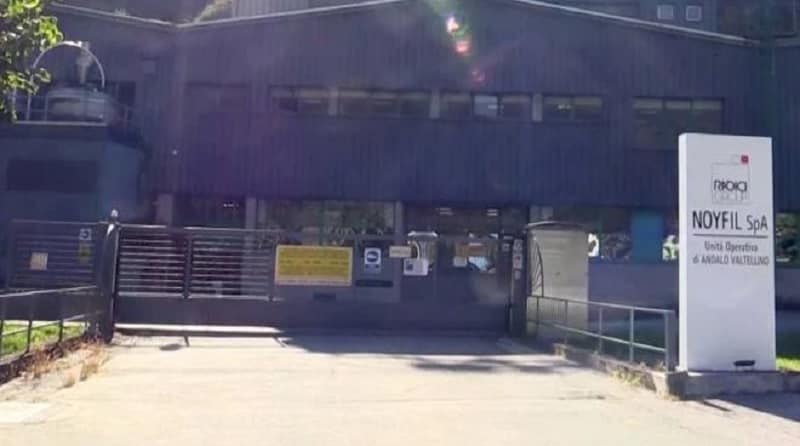
-U.S. may finally restrict plastic industry’s preferred method of ‘recycling’
One of the fossil fuel and plastic industries’ favourite “solutions” to the plastic pollution crisis may finally be coming under greater scrutiny from the federal government.
Last month, the Environmental Protection Agency, or EPA, formally announced it was considering tighter regulations for pyrolysis and gasification — controversial processes that are associated with “chemical recycling.” Industry advocates have named these processes as key steps toward building a circular economy — one that minimizes waste — but environmental groups have called them an “industry shell game” meant to keep single-use plastics in production. Petrochemicals Chemical Recycling Pyrolysis
The problem, according to Denise Patel, regional co-ordinator for the Global Alliance for Incinerator Alternatives, or GAIA, is that most of what the industry calls “chemical recycling” isn’t recycling at all. Rather than turning used plastic into new plastic products, chemical recycling usually involves melting plastic into oil and gas to be burned — the process is sometimes called “plastic to fuel.” Not only does chemical recycling not contribute to a circular economy, Patel said, but it also releases greenhouse gases that exacerbate climate change and hazardous chemicals that harm front-line communities.
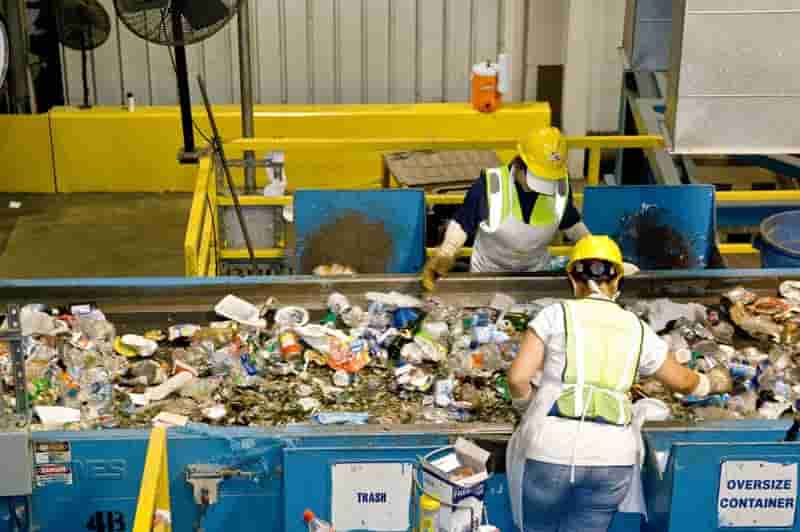
-Moving away from metal-based chemicals
New circular and biodegradable materials under development for antimicrobial coatings.
Cheshire, UK-based Virustatic has been awarded £150,000 in funding from the Business of Fashion, Textiles and Technology (BFTT) Creative R&D programme to develop a textile coating to replace the use of metal-based chemicals for the antimicrobial treatment of fabric and textiles. Petrochemicals Chemical Recycling Pyrolysis
Virustatic is most known for researching and developing materials and products for pandemic prevention, including the unique protein coating that features on the Virustatic Shield face covering. The company spent 12 years researching and developing materials for pandemic prevention, resulting in the breathable snood providing natural aerosol filtration and 360-degree protection
It is among only nine other UK companies who were successful from over 140 new applications for BFTT funding.
The money will fund the salary of sustainable chemist Dr Joseph Houghton, who has joined the 15-strong Virustatic team for 18 months.
He will help to deliver project testing on new circular and biodegradable sustainable materials. The project also includes the development of a method of home coating for textiles and materials, including those in face coverings, so that the protein-based coating can be reapplied at home and the effective lifecycle of the face coverings extended.
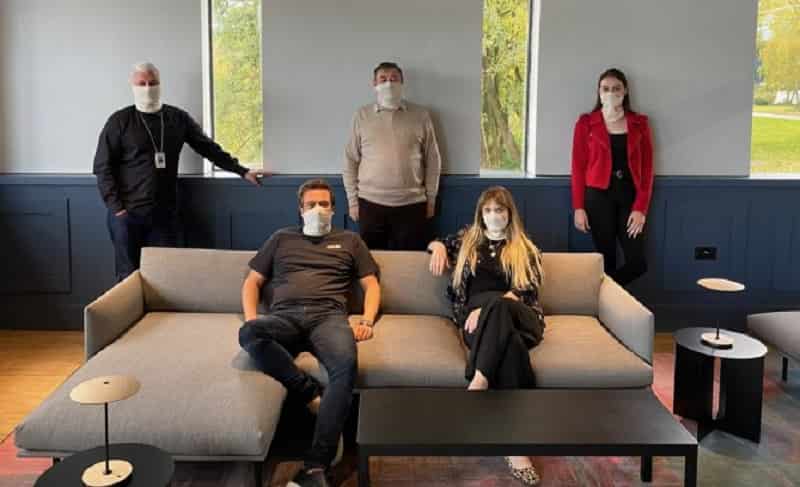
As the United States works towards an energy economy with zero carbon emissions by 2050, hydrogen fuel cell technology will be critical in complementing renewable electricity to reach this goal. Petrochemicals Chemical Recycling Pyrolysis
Today, Faurecia stands in unity with the scientists and engineers across the country who will celebrate Hydrogen and Fuel Cell Day, which is celebrated on Oct. 8 because the atomic weight of hydrogen (1.008). In line with its goal to become CO2 neutral by 2030, Faurecia boasts the expertise and technology to support the country’s zero-emission objective while supporting customers with holistic hydrogen fuel system solutions.
“Faurecia’s product portfolio and hydrogen storage solutions, enriched by Symbio’s stack systems technologies offer a complete range of hydrogen fuel cell solutions to meet all power and durability needs from light-duty to commercial and heavy-duty vehicles as well as design expertise that enables us to support customer vehicle integration needs,” said Jose-Vicente March, Vice President Zero Emissions, Faurecia Clean Mobility North America.
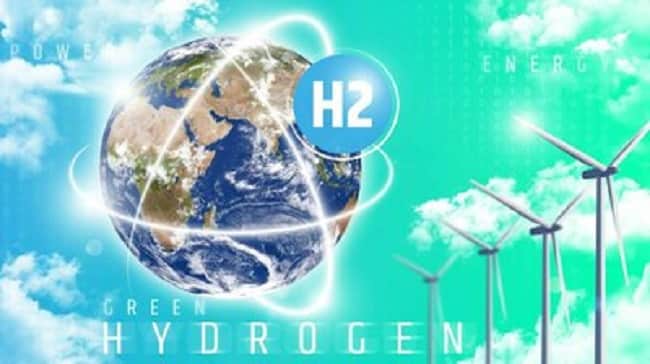
-Producers given targets to manage their plastic packaging waste in draft EPR notification
EPR covers three categories of plastic packaging including rigid plastic packaging; flexible plastic packaging of single layer or multilayer (more than one layer with different types of plastic); plastic sheets, carry bags (including carry bags made of compostable plastics), plastic sachet or pouches; and multi-layered plastic packaging.
The Union environment ministry has come out with a draft notification for regulation of extended producer responsibility under plastic waste management rules 2016. The draft specifies the quantity of waste that will have to be managed by producers, importers and brand owners who generate plastic packaging waste in India.
When passed, the draft notification published on October 6 will come into effect immediately. EPR means the responsibility of a producer for the environmentally sound management of the product (plastic packaging) until the end of its life. People and stakeholders can submit objections or suggestions to the environment ministry on the draft within 60 days.
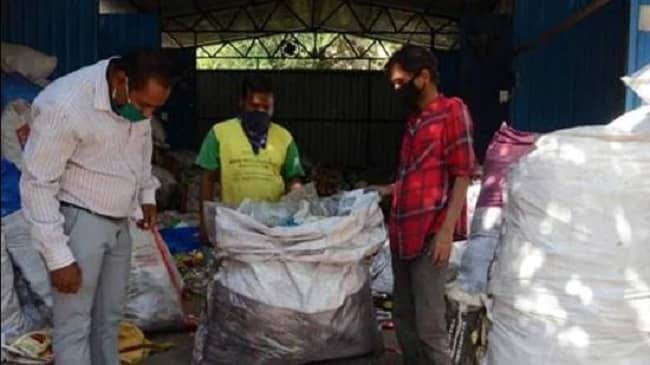
Petrochemicals Chemical Recycling Pyrolysis
